“I still have pain, and now it's yours”
is an imprint of a human's connections with the native landscape, captured in clothing.
The project is planned as a series of art objects (clothing elements), interventions in the natural environment and a photo project
The 1st object, a vest, is made of wool from the village of Omalo (Tusheti, Georgia), healing and ritual plants from the same region as part of the residency at the AqTusheti Art center in August 2024.
The project is depicted using film photography.
In times of war and trials, the connection with the power of nature and traditions becomes a source of spiritual renewal, a medicine and even a kind of weapon that fights against internal enemies. You breathe in the silence with the smell of herbs or the sea, and you breathe out your pain. Clothes are a language in which we speak non-verbally about ourselves, our belonging.
It is a guardian. It is a protection.
The thread is intertwined with the smell.
The warmth of wool warms the flowers
Thorns cling to the weave, predicting that when the leaves fade, they will stay a little longer
Herbs turn to dust, but do not lose their power
It is a guardian. It is a protection.
The thread is intertwined with the smell.
The warmth of wool warms the flowers
Thorns cling to the weave, predicting that when the leaves fade, they will stay a little longer
Herbs turn to dust, but do not lose their power
I started this project in one of the most authentic places in the world, the remote mountainous region of Georgia, Tusheti, and a local legend gave it its name.
Creating an item of clothing that resembles a protective or life vest, I took as a basis the sheep's wool yarn made by local craftswomen, the colored threads of which are dyed with plants.
Creating an item of clothing that resembles a protective or life vest, I took as a basis the sheep's wool yarn made by local craftswomen, the colored threads of which are dyed with plants.
The main living plant I wove into this garment was a thorny wild rose, which is a ritual plant in Tusheti, its branches are used to decorate windows on New Year's Eve and are believed to protect against the evil eye.
Other plants are medicinal and healing ones that have been used since ancient times in these lands: nettle, plantain, St. John's wort, clover, and others, all of which are very familiar in Ukraine.
Together with Marta, a girl from Tbilisi, with whom we talked for a long time about our countries and their future, our common enemy, and who agreed to wear these strange clothes made literally from all living things, it came to life even more, gained meaning.
Other plants are medicinal and healing ones that have been used since ancient times in these lands: nettle, plantain, St. John's wort, clover, and others, all of which are very familiar in Ukraine.
Together with Marta, a girl from Tbilisi, with whom we talked for a long time about our countries and their future, our common enemy, and who agreed to wear these strange clothes made literally from all living things, it came to life even more, gained meaning.
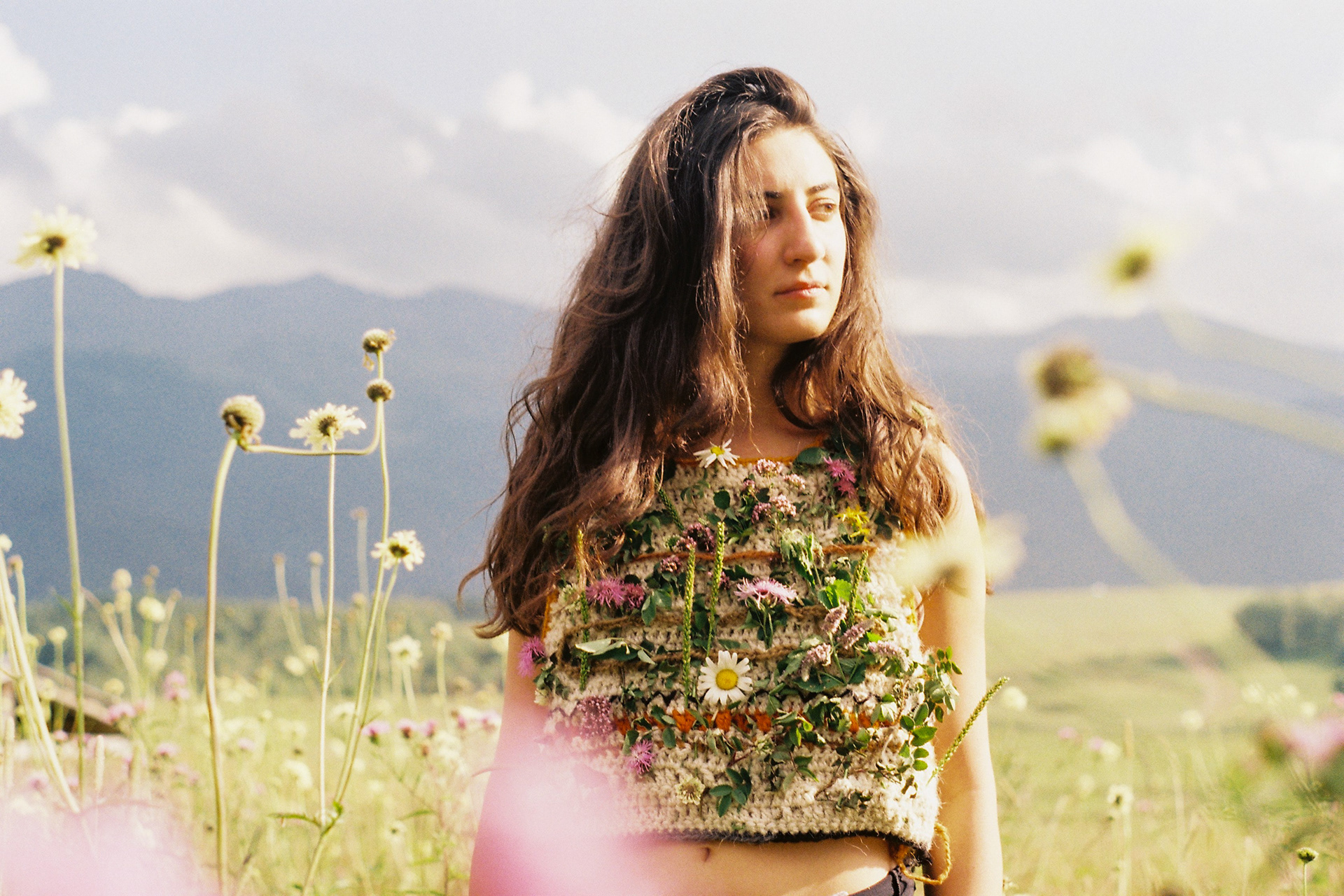

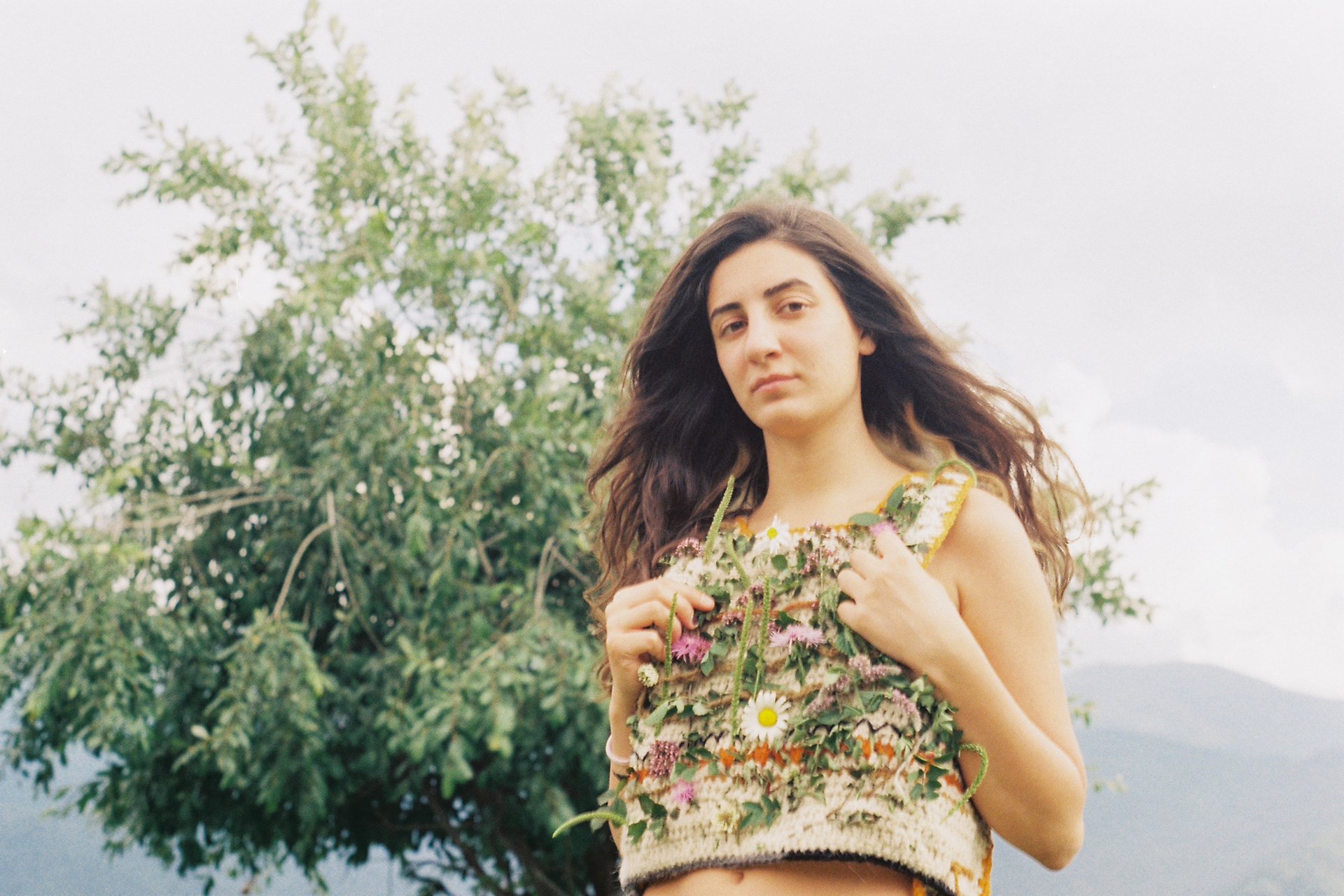

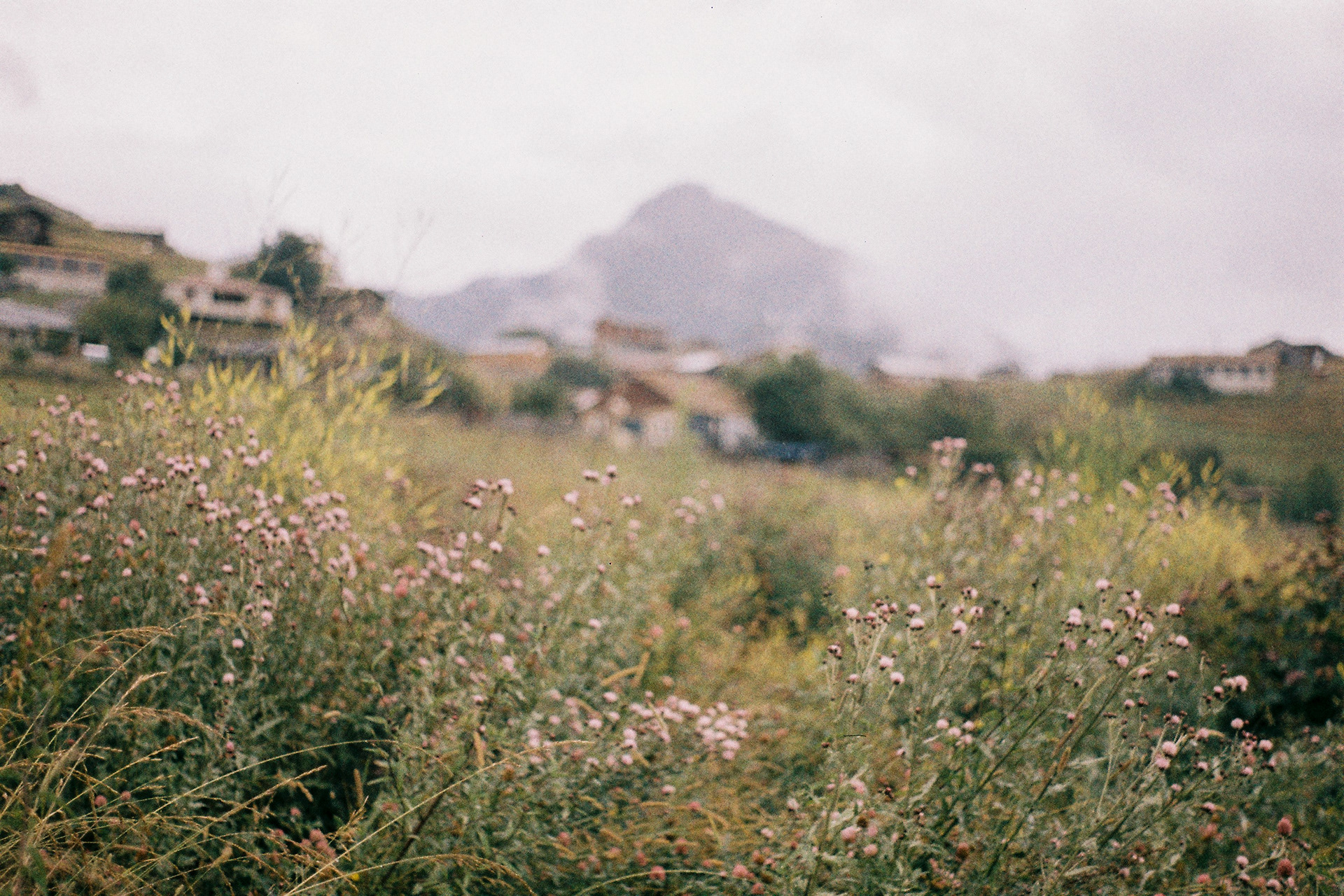
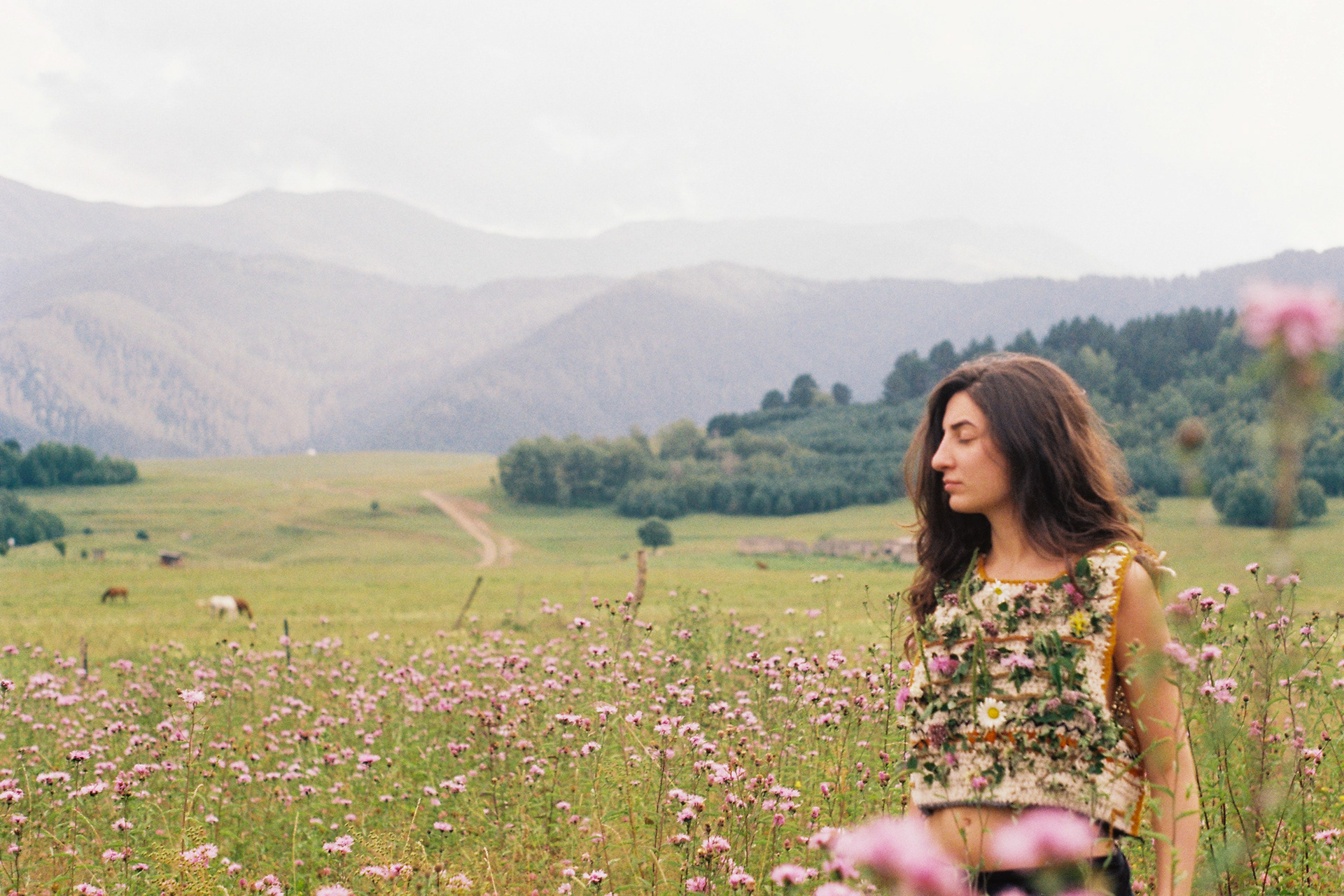


“I still have pain and now it's yours” - these words were said in Tusheti when tying a red thread to a tree in a remote corner of the forest at the new moon, hoping to get rid of the heartache.


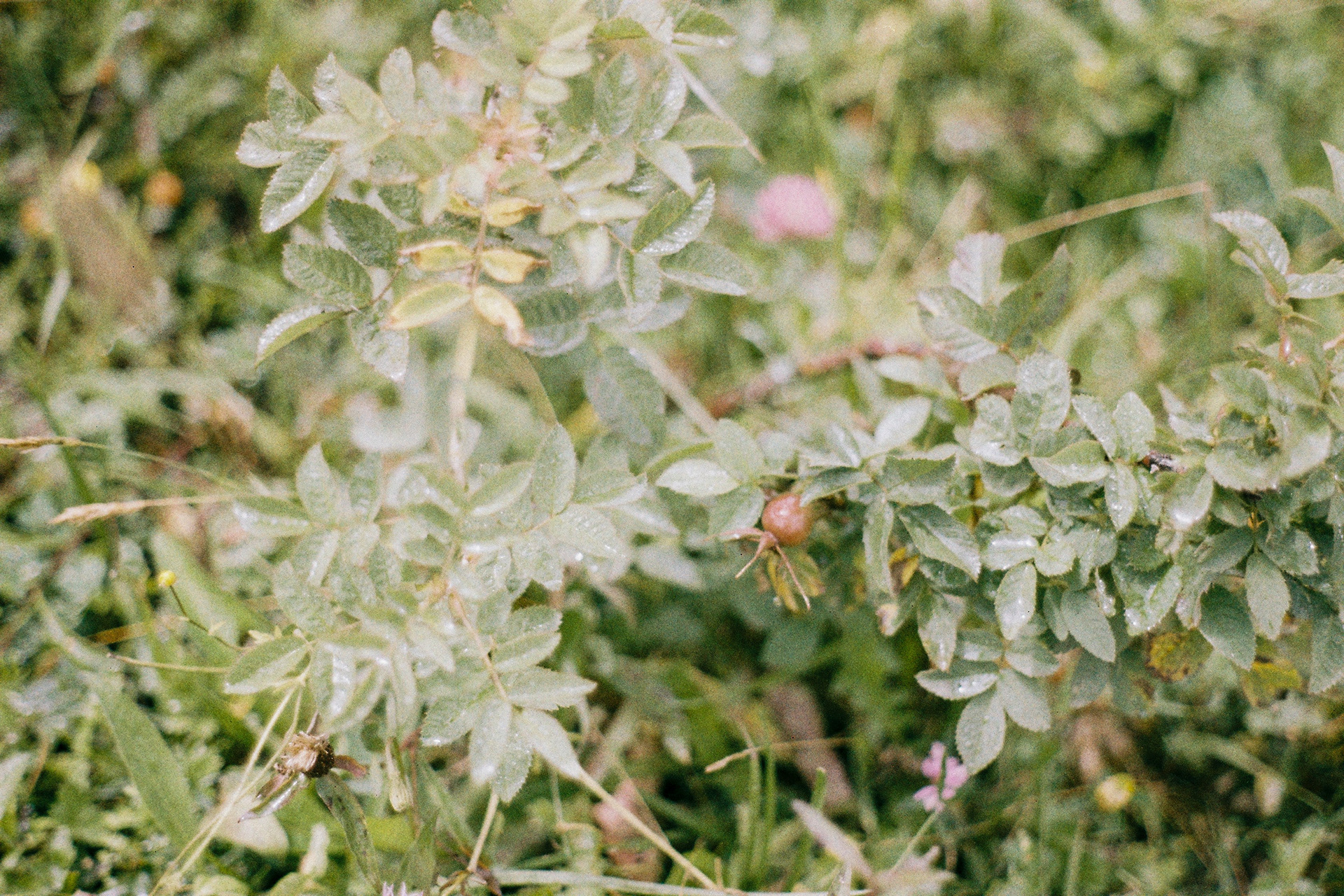
This work was produced with the financial assistance of the European Union. The views expressed herein can in no way be taken to reflect the official opinion of the European Union.
Supported by the Culture Moves Europe Mobility Grant.